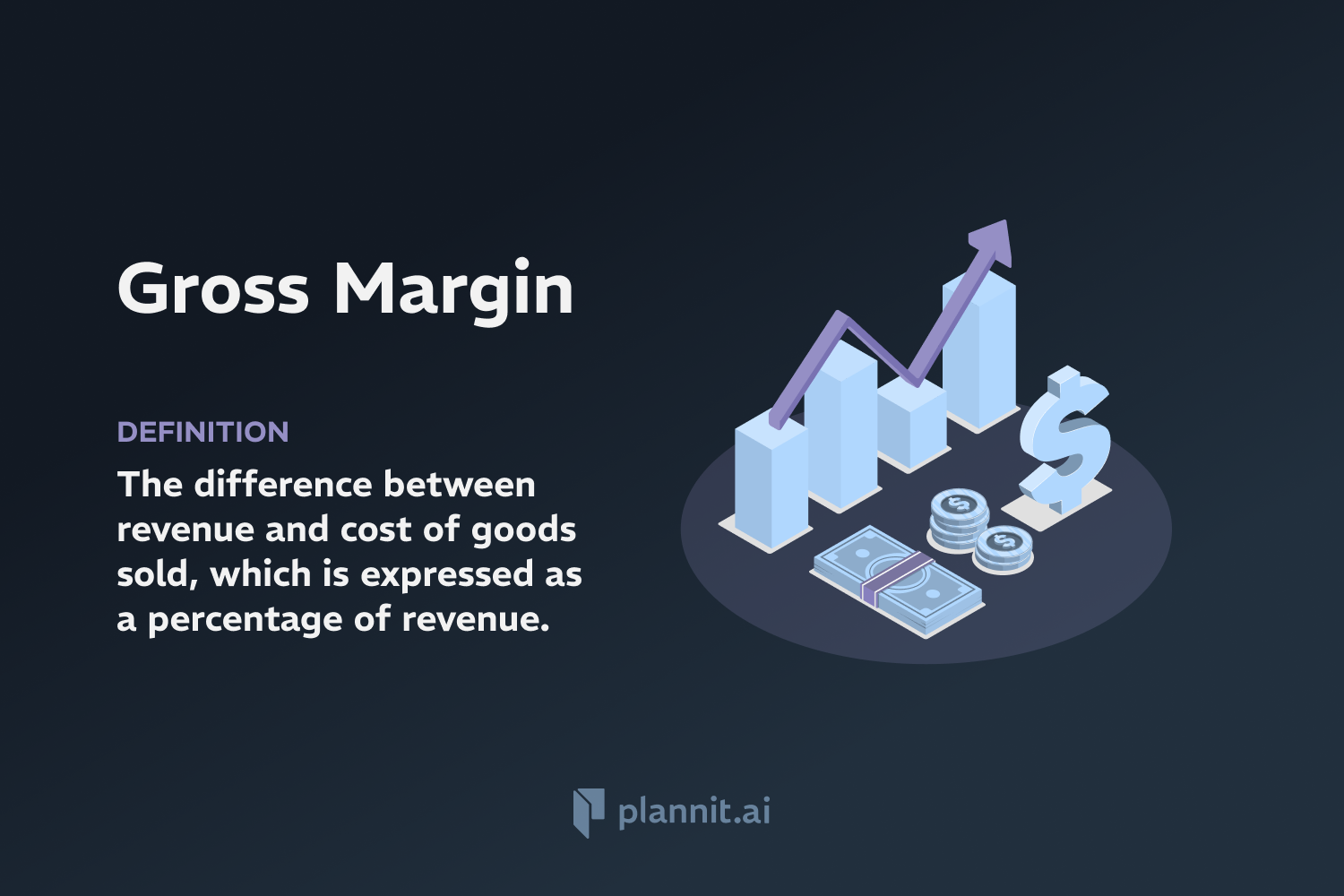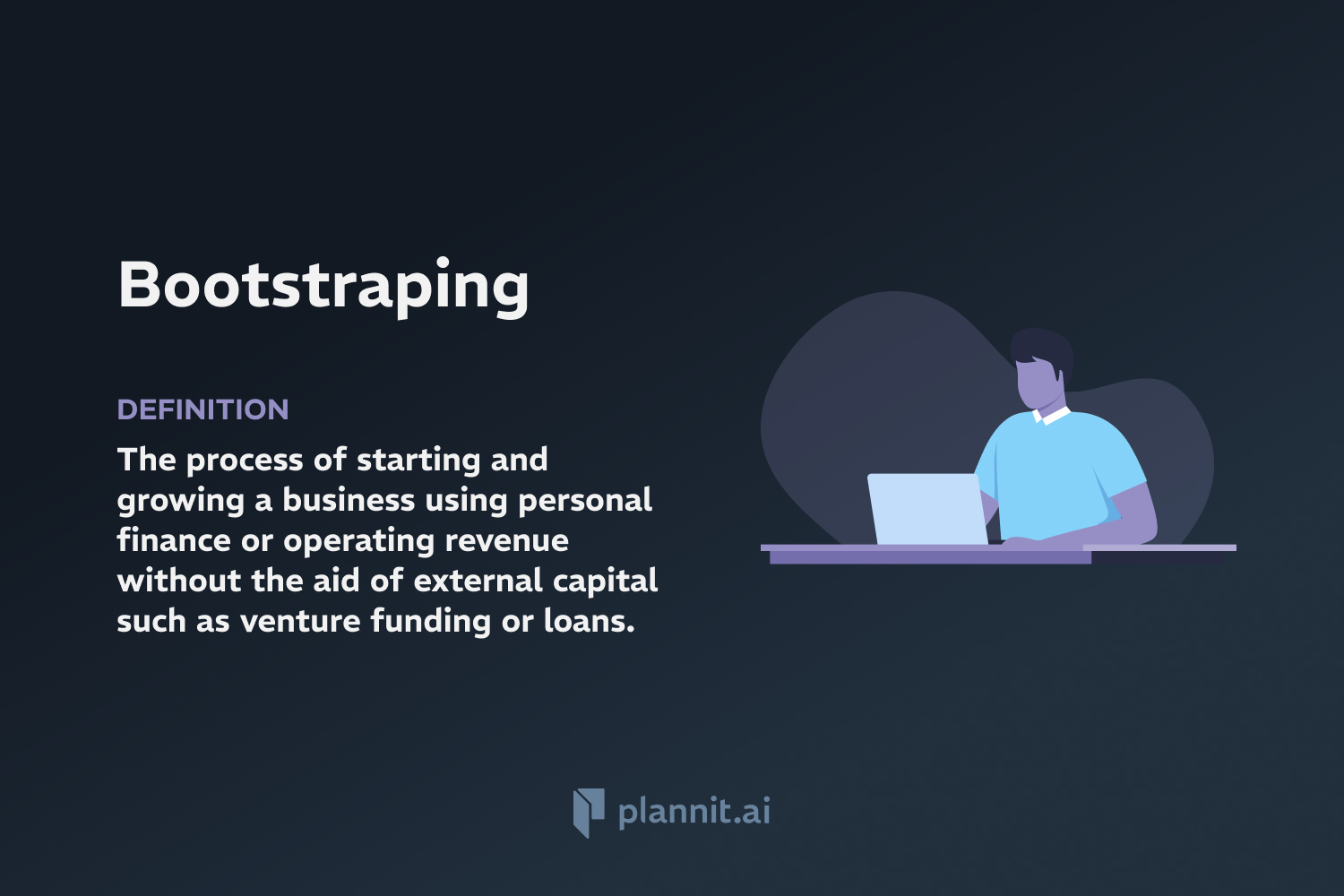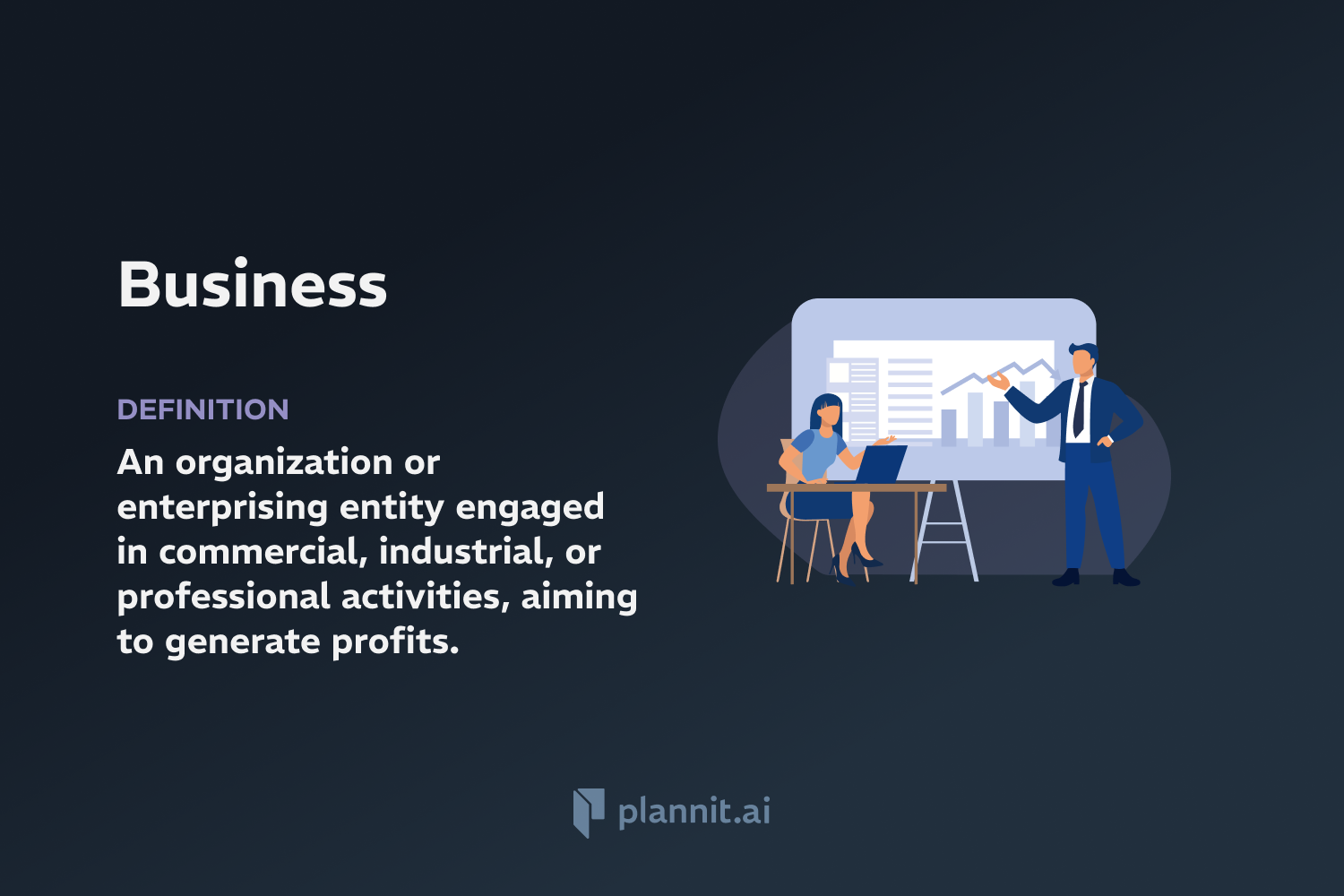Need Help With Your Business Plan?
Answer tailored questions and get a detailed business plan in minutes.
Digital Marketing: Definition & In-Depth Explanation
Digital marketing refers to the use of digital channels, platforms, and technologies to promote products, services, and brands to consumers. This includes a variety of tactics such as search engine optimization (SEO), social media marketing, content marketing, email marketing, online advertising, and more.
Purpose:
The purpose of digital marketing is to connect with potential customers where they spend much of their time: online. It aims to increase brand awareness, drive traffic to websites, generate leads, and convert those leads into customers. Digital marketing also allows for highly targeted and measurable marketing campaigns, providing valuable insights into consumer behavior and campaign performance.
Example:
A company might use digital marketing by running a targeted ad campaign on social media platforms like Facebook and Instagram. They can use these platforms' sophisticated targeting options to show their ads to users who fit their ideal customer profile, track engagement metrics, and adjust the campaign in real-time to optimize results.
Related Terms:
Search Engine Optimization (SEO): The practice of improving the ranking of a website on search engines like Google to increase organic (non-paid) traffic.
Content Marketing: A strategy focused on creating and distributing valuable, relevant, and consistent content to attract and engage a clearly defined audience.
Pay-Per-Click (PPC) Advertising: A form of online advertising where advertisers pay a fee each time their ad is clicked, commonly used in search engine marketing.
Social Media Marketing: The use of social media platforms to promote products, services, and brands, engage with customers, and drive website traffic.
FAQs:
What are the benefits of digital marketing compared to traditional marketing?
Digital marketing offers greater reach, more precise targeting, cost-effectiveness, real-time performance tracking, and better engagement with customers compared to traditional marketing methods like print, radio, and TV advertising.
How do businesses measure the success of digital marketing campaigns?
Success can be measured using various metrics such as website traffic, conversion rates, click-through rates (CTR), return on investment (ROI), engagement rates, and social media metrics like likes, shares, and comments.
What role does content play in digital marketing?
Content is crucial as it drives engagement, educates consumers, builds brand authority, and helps with SEO. High-quality, relevant content can attract and retain customers, encouraging them to take profitable actions.
How important is mobile optimization in digital marketing?
Mobile optimization is essential since a significant portion of web traffic comes from mobile devices. Ensuring that websites and ads are mobile-friendly can improve user experience, increase engagement, and boost conversion rates.
What is the difference between organic and paid digital marketing?
Organic digital marketing refers to efforts to attract traffic naturally through non-paid methods like SEO and content marketing. Paid digital marketing involves spending money on ads and sponsored content to reach potential customers.
Get funding with a business plan that will impress investors.
Starting a New Business?



